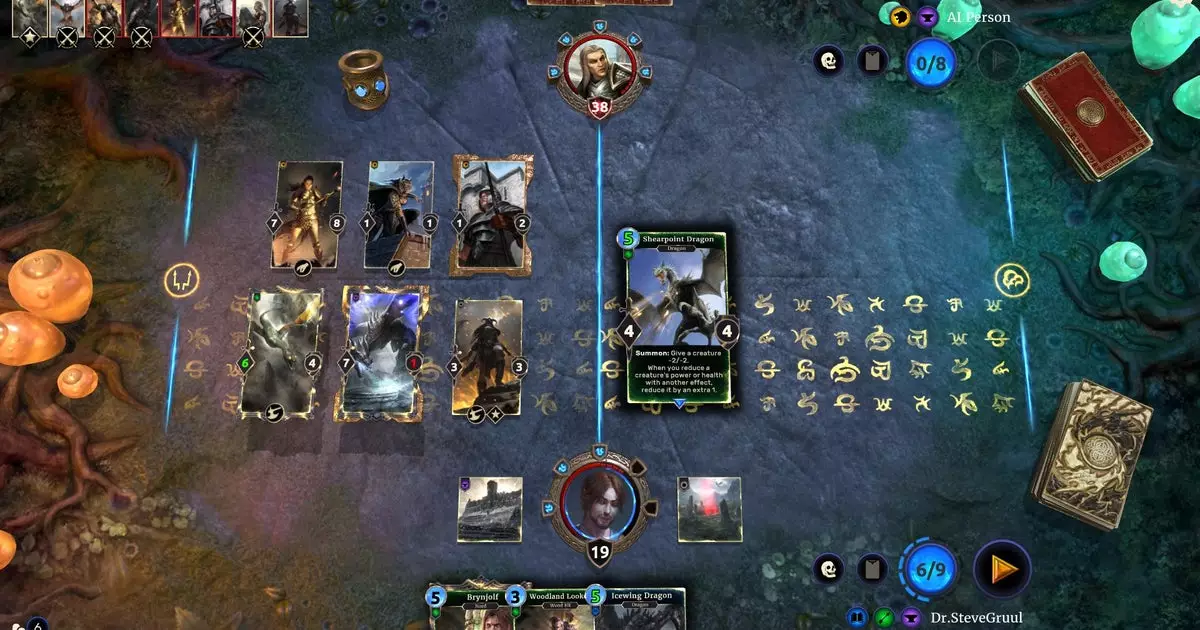The announcement of The Elder Scrolls: Legends’ impending shutdown brings forth a wave of disappointment for its dedicated fan base and a broader commentary on the volatile nature of live service games. The free-to-play card game, set in the beloved universe of Bethesda’s Elder Scrolls, has been formally removed from sale on Steam, with servers set to go offline permanently on January 30, 2025. This decision is indicative of a larger trend in the gaming industry where titles, despite their initial promise, fall into neglect and eventual obsolescence.
Launched to a mix of enthusiasm and skepticism in 2017, Legends arguably made a fascinating attempt to blend the strategic intricacies of card games with engaging lore and unique mechanics, such as its rune system. Yet, the game has not seen an update in five years, marking a stark contrast between its early potential and its current fate. This extended dormancy raises questions about the sustainability of games released as live services, especially those tied to iconic franchises. It appears Legends could not secure a robust player base to justify continued development, leading to its slow descent into obscurity.
With the announcement of the shutdown, current players are offered a temporary reprieve with all in-game items listed for just 1 gold until the servers are turned off. While this gesture may provide a little enjoyment for players wishing to explore the entirety of Legends’ offerings one last time, it does little to mask the bitterness of a service being abruptly terminated. The finality of the shutdown leaves fans feeling abandoned, stripped of their investment in the game—whether that be time, energy, or financial support. The message from the developers, essentially saying “thank you for playing,” feels hollow in the face of such an abrupt conclusion.
The shutdown of Legends exemplifies a growing problem within the gaming industry: the treatment of live service titles and their communities. As outlined by commentator Brendy, such games often resemble a “slip-and-slide of unpredictable length pointing straight into a bin.” This perspective highlights a troubling trend—engaging and innovative projects, which initially spark enthusiasm, ultimately meet a premature demise. The question remains: why do companies invest so heavily in live service models while failing to develop long-term plans for their longevity?
The closure of The Elder Scrolls: Legends serves as a poignant reminder of the fragility of digital experiences in gaming. As players rally to lament the loss of yet another beloved title, it becomes crucial for the industry to reevaluate its approach to live services. The community deserves more than fleeting moments of excitement before being left without a trace. The future of gaming should involve more reliable support for immersive worlds, ensuring that spirited projects do not end up as mere footnotes in gaming history. The onus is on developers and publishers to cultivate an environment where passion projects can flourish, avoiding the excessive discard culture that has unfortunately defined too many titles in recent years.


Leave a Reply